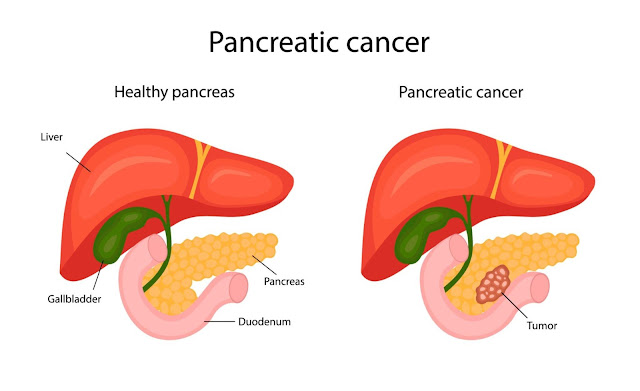Can PET Scan Detect All Types of Cancer? A Detailed Insight
Positron Emission Tomography (PET) scans have become the gold standard for evaluating cancer in the modern era. They offer functional imaging that reveals not just where tumors are, but how active they are redefining cancer diagnosis, staging, and treatment planning. But can a PET scan for cancer truly detect every type, and what are its strengths and limitations?
What Is a PET Scan and How Does It Work?
A PET scan for cancer involves injecting a radioactive sugar (tracer) into the bloodstream. Cancer cells, known for their rapid growth, absorb more of this tracer, lighting up on the scan and revealing size, activity, and spread throughout the body. PET/CT and PET/MRI combine functional imaging with detailed anatomical data for unparalleled accuracy.
Key Strengths
- Detects active cancer sites even before structural changes occur.
- Assesses the entire body in one scan for metastasis.
- Monitors treatment response and detects recurrences.
Does PET Scan Detect All Types of Cancer?
Myth: PET scans can always diagnose all cancers.
Fact: While they are highly effective for many cancers, there are exceptions and diagnostic limitations:
- PET scans excel at detecting aggressive cancers with high metabolic rates, such as lymphoma, lung, breast, colon, head and neck, melanoma, and esophageal cancers.
- Certain slow-growing or low-metabolism cancers like some prostate cancers, early or low-grade brain tumors, or small/basal cell skin cancers may not absorb enough tracer to be seen on PET.
- For some cancers, alternative tracers (e.g., PSMA for prostate, DOTA for neuroendocrine tumors) or hybrid scans may improve accuracy.
- A biopsy and histopathology are always required for final cancer diagnosis, as PET can suggest but not confirm malignancy.
- Inflammation, infection, or healing tissue can sometimes “light up,” which means PET findings must be interpreted by expert teams.
How Accurate Is a PET Scan for Cancer?
Sensitivity/Accuracy: For many major tumor types, PET is over 90% accurate for detection and staging, and it is regarded as the most accurate tool for many solid and lymphoid cancers.
Staging and Monitoring: PET detects metastasis more accurately than conventional imaging, making it essential for targeted therapies and surgical planning.
Limits: PET may miss very small tumors (less than 1 cm), slow-growing cancer cells, or rare types that don’t take up the tracer well.
When Is a PET Scan Test for Cancer Recommended?
- Unclear diagnosis on routine CT/MRI
- Suspected cancer spread (staging)
- Monitoring response to chemotherapy or radiation
- Evaluating suspected recurrence
- Differentiating between treatment effects, infection, and actual tumor regrowth
Why Choose Valentis Cancer Hospital for PET Scan Tests?
Valentis is listed among the best cancer hospitals in Uttar Pradesh for PET scans and comprehensive cancer care due to:
- State-of-the-art PET/CT scanners with the latest imaging protocols.
- Experienced nuclear medicine experts and radiologists for accurate interpretation.
- One-roof services: Seamless care from diagnosis to surgery, radiation, chemotherapy, and follow-up.
- Personalized cancer care: PET results are used to plan targeted, effective treatments for each patient.
- Reputation for expertise: Valentis is recognized for clinical precision and compassionate care, making it a trusted regional referral center.
Conclusion
A PET scan test for cancer is a critical technology for most cancer patients, especially when rapid and precise answers are needed. While not perfect for every cancer type, its sensitivity, speed, and whole-body capabilities make it invaluable. For the best in diagnostic power and care in Uttar Pradesh, Valentis Cancer Hospital stands at the forefront delivering confidence at every stage of your cancer journey.
.png)




Comments
Post a Comment